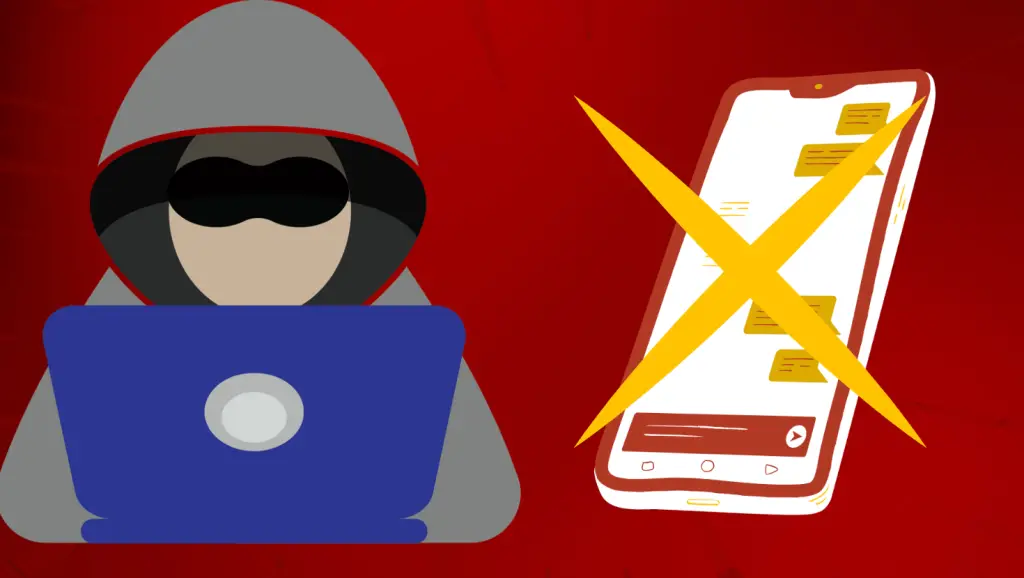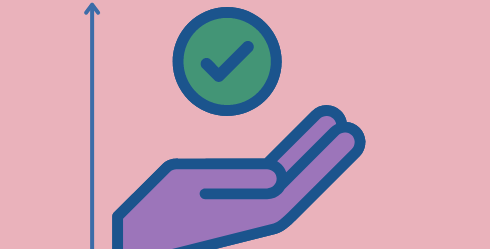Scammers are sending fake Schwab text messages that says Schwab ACH has been debited for a certain amount. Beware! It’s a scam that aims to get Schwab login credentials, personal identities and steal people’s money.
In case you’re confused, Schwab or Charles Schwab is a financial institute that offers investment products and services, including brokerage and retirement accounts, online trading and more.

Scammers impersonating the financial Institute send fake Schwab text messages with a link to a spoofed Schwab websites to random numbers. Some people who’ve gotten the fraudulent text messages, do not own a Schwab account.
Schwabba Text Messages – What Makes It A Scam?
The text message says; Schwab: ACH debited for a amount of $3,892.15USD. If you did not request this ACH, please cancel the request by accessing (URL LINK)?
The text message has the tell tale signs of being fraudulent.
- The URL included isn’t the legitimate Charles Schwab website ‘schwab.com’. Some reported websites include; shwadbb.com, schwabab.com.
- It contains grammatical errors. ( For your account security, please check your account through the link).
- It isn’t sent from the legit Schwab customer service number, but from a suspicious area code; +63 953 821 7815
- Charles Schwab and other financial institutions would never request you to click on a LINK, but would rather tell you to use your App, or visit the website from your browser.
How Does The Schwabba Scam Work?
It’s a phishing scam directing users to a fraudulent Schwab website to rectify an unauthorized transaction. Once the victims input their login credentials on the fake website, the scammers steal the password using a Keystroke logger. The scammers then proceed to use the stolen passwords to login to the legit Schwab website and steal people’s money.

There are so many variations of this Schwab scam; via text message, pop up messages, emails, phone calls, or even via fake websites on search engines. They all follow a similar pattern:
It could start with a simple sentence via text message, email or pop up message; ‘“Your account has been locked. Call this number immediately to resolve the issue.”, ”Schwab: ACH has been debited” etc. The message contrives a sense of urgency by claiming that there was suspicious activity or that someone made a large purchase from your account.
To secure your account, you’re asked to click on a link or call a number. You’re taken to a fake website that looks like your bank’s login page. When you type in your credentials, scammers steal them and gain access to your online bank account. Hackers may even secrete malware within these links, to spy on your online activity or steal sensitive data from your device.
Another Scam Pattern
On the other hand, you could get a Schwab ACH text message directing you to call a customer service number to rectify some issues. Upon calling the number, you’re connected to a scammer pretending to be from Schwab fraud department.
The scam “customer service representative” may ask you for your banking details and other personal information that they can use to drain your bank account or open lines of credit in your name.
How To Avoid Being a Victim of The Viral Schwabba Scam
Once you receive a text message requiring you to take an urgent decision, make sure you take your time cross-checking sender info (telephone number), the grammar (is it unprofessional or professional?)Scammers often use random capitalization, unusual punctuation, and may begin a text with generic greetings like “Dear Valued Customer.”
Always double-check the URL before clicking. Legitimate Schwab websites will always use schwab.com. Fraudulent websites might appear similar; ‘shwadbb.com‘ ‘schwabab.com’ but are all scams. Sometimes, the link is suspicious or shortened to hide where it’s taking you. Beware of Bitly or TinyURL links or links with jumbled variations of common website names (like “goo.gl”).
Verify on your App or on the official website. Instead of clicking on the link attached to the text message or email, go straight to your Mobile App. Scam text messages do not appear on legit portals. If it isn’t from Schwab it would be on your transactions or dashboard.
See latest alert – Stephen Dickstein PayPal Money Request Scam

Link Tải F79